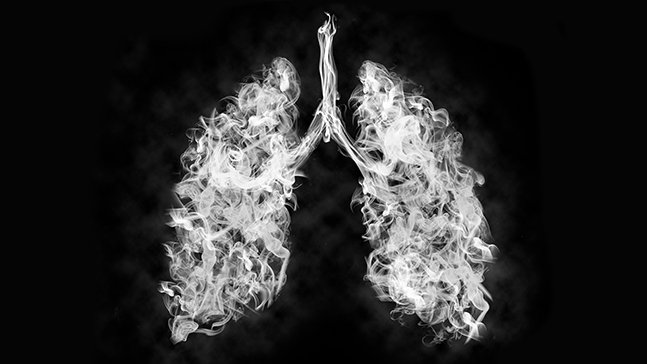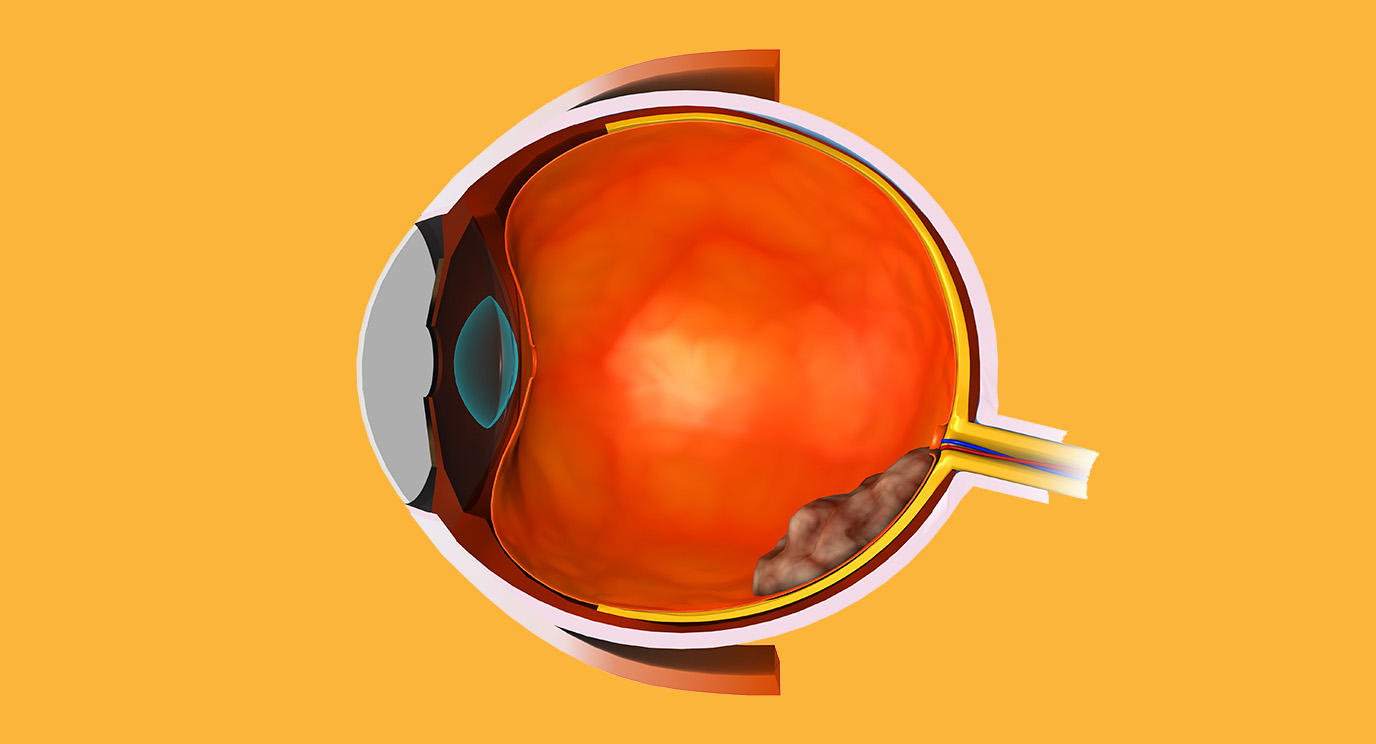- Diseases
- Acoustic Neuroma (14)
- Adrenal Gland Tumor (24)
- Anal Cancer (66)
- Anemia (2)
- Appendix Cancer (16)
- Bile Duct Cancer (26)
- Bladder Cancer (68)
- Brain Metastases (28)
- Brain Tumor (230)
- Breast Cancer (718)
- Breast Implant-Associated Anaplastic Large Cell Lymphoma (2)
- Cancer of Unknown Primary (4)
- Carcinoid Tumor (8)
- Cervical Cancer (154)
- Colon Cancer (164)
- Colorectal Cancer (110)
- Endocrine Tumor (4)
- Esophageal Cancer (42)
- Eye Cancer (36)
- Fallopian Tube Cancer (6)
- Germ Cell Tumor (4)
- Gestational Trophoblastic Disease (2)
- Head and Neck Cancer (6)
- Kidney Cancer (124)
- Leukemia (344)
- Liver Cancer (50)
- Lung Cancer (288)
- Lymphoma (284)
- Mesothelioma (14)
- Metastasis (30)
- Multiple Myeloma (98)
- Myelodysplastic Syndrome (60)
- Myeloproliferative Neoplasm (4)
- Neuroendocrine Tumors (16)
- Oral Cancer (100)
- Ovarian Cancer (170)
- Pancreatic Cancer (164)
- Parathyroid Disease (2)
- Penile Cancer (14)
- Pituitary Tumor (6)
- Prostate Cancer (144)
- Rectal Cancer (58)
- Renal Medullary Carcinoma (6)
- Salivary Gland Cancer (14)
- Sarcoma (236)
- Skin Cancer (296)
- Skull Base Tumors (56)
- Spinal Tumor (12)
- Stomach Cancer (60)
- Testicular Cancer (28)
- Throat Cancer (90)
- Thymoma (6)
- Thyroid Cancer (98)
- Tonsil Cancer (30)
- Uterine Cancer (78)
- Vaginal Cancer (14)
- Vulvar Cancer (18)
- Cancer Topic
- Adolescent and Young Adult Cancer Issues (20)
- Advance Care Planning (10)
- Biostatistics (2)
- Blood Donation (18)
- Bone Health (8)
- COVID-19 (362)
- Cancer Recurrence (120)
- Childhood Cancer Issues (120)
- Clinical Trials (628)
- Complementary Integrative Medicine (24)
- Cytogenetics (2)
- DNA Methylation (4)
- Diagnosis (230)
- Epigenetics (6)
- Fertility (64)
- Follow-up Guidelines (2)
- Health Disparities (14)
- Hereditary Cancer Syndromes (124)
- Immunology (18)
- Li-Fraumeni Syndrome (8)
- Mental Health (118)
- Molecular Diagnostics (8)
- Pain Management (62)
- Palliative Care (8)
- Pathology (10)
- Physical Therapy (18)
- Pregnancy (18)
- Prevention (898)
- Research (392)
- Second Opinion (74)
- Sexuality (16)
- Side Effects (604)
- Sleep Disorders (10)
- Stem Cell Transplantation Cellular Therapy (216)
- Support (404)
- Survivorship (322)
- Symptoms (184)
- Treatment (1776)
Migraine headaches in cancer patients: How to prevent and treat them
5 minute read | Published March 01, 2021
Medically Reviewed | Last reviewed by an MD Anderson Cancer Center medical professional on March 01, 2021
Cancer patients can experience a wide range of side effects. For some, migraine headaches can have a big impact on their quality of life.
But what makes migraines different than regular headaches? And are cancer patients more likely to develop them?
We spoke with cancer neurologist Karin Woodman, M.D., about what cancer patients can do to prevent and treat migraines during treatment.
What is a migraine headache?
In general, a migraine is a severe headache that’s considered debilitating. Many patients who suffer from migraines find even talking can make the headache more painful.
How are migraines diagnosed?
When diagnosing migraines versus other headaches, we look at the length of time the patient suffers from the headache. Migraines typically last for four hours or more – usually for most of the day. We also look for associated symptoms. These may include:
- Nausea and/or vomiting
- light and/or sound sensitivity
- inability to tolerate movement, including even talking, during the migraine
Many patients experience aura, or warning signs before the pain of a migraine occurs. Patients may see fleeting bright lights or zigzag lines if they experience a visual aura. Non-visual auras can be other sensory symptoms, such as tingling, numbness or fatigue. Some people may notice that they are yawning frequently the day before they have a migraine.
What happens in the brain during migraines?
Cortical spreading depression is a wave of nerve cell activation that spreads across the command centers of the brain. This causes the auras of migraine, activates pain signals, and affects how inflammatory particles move across the blood-brain barrier. The neurogenic inflammation is thought to play an important role in determining how long migraine pain lasts and how intense it is.
Over time, nerve cells become more sensitive to pain signals, which can cause you to experience migraine symptoms, such as throbbing pain and sensitivity to movement. The increased sensitivity over time can also cause periodic migraines to become chronic migraines.
Which cancer patients most commonly suffer from migraines?
There are different groups of cancer patients who suffer from migraines. Up to one in five patients have a history of migraine headaches before starting cancer treatment. When they receive cancer treatment, they may have more frequent or more severe migraine headaches.
A second group of patients have never had a migraine before but start to have them upon diagnosis or treatment of their cancer. Certain drugs and types of chemotherapy are clearly associated with severe headache as a side effect.
Hormonal therapies, such as those used for prostate or breast cancer treatment, when used in addition to chemotherapy, can trigger headaches or migraines. Immunotherapy, chemotherapy combinations, certain anti-nausea medications, and a variety of other medications can have headaches as a side effect.
Some patients develop migraine headaches in the context of lifestyle changes due to a cancer diagnosis or treatment. Reduced sleep, lack of exercise, changes in activity level and increased stress can be associated with migraines, in a susceptible patient.
Stress can intensify pain and migraines. But it may not necessarily be the cause of the migraine. Stress can affect that patient’s ability to react to and manage a migraine. Try to manage stress. It’s not necessarily preventable, but the way you manage it can have profound impacts on your health.
Can a migraine be a symptom of a stroke, brain tumor or bleeding in the brain?
It can be very scary when you have your first migraine, but that doesn’t mean you should assume the worst. For patients in their teens and 20s, the onset of migraines can be a benign condition, especially if there is a family history of migraines. However, since a benign migraine and a migraine that results from a brain tumor or bleeding can appear the same, it’s essential that you seek medical attention to get the proper workup and diagnosis.
How can cancer patients manage and treat migraines?
The treatment for migraines can be different from other headaches, so it’s very important to classify them appropriately.
Patients are often prescribed narcotic medications for cancer-related pain or other types of pain. But narcotics aren’t ideal for treating migraines, since they do not target the specific characteristics of migraine. For similar reasons, combination pills such as Fioricet or Fiorinal are not ideal for treating migraines. These medications can result in overuse and dependency.
If a patient is consistently experiencing more than four migraines per month, daily medications known as preventive or prophylactic agents can reduce that number.
Many patients struggle with medication-overuse headaches, which are a withdrawal symptom of taking too much over-the-counter pain medication. As migraines become more frequent, patients sometimes treat themselves by taking increasing amounts of over-the-counter medicines, which can cause more headaches. If you’re taking an over-the-counter medication for more than 10 to 15 days out of the month, you’re at risk for this complication. A prophylactic prescription medication may be more appropriate.
Triptans have been the main prescription medication used to treat episodic migraines. For more frequent migraines, Botulinum toxin (Botox) injections can be given once every 12 weeks for prevention of chronic migraine. More recently, two other drugs that target the specific receptors involved in migraine pain have become available:
- “Gepants” are CGRP-receptor antagonists that can be used for acute treatment and prevention,and are oral medications.
- Anti-CGRP monoclonal antibodies are long-acting monthly self-administered injections given for prevention.
How can cancer patients manage migraines without medication?
Lifestyle modifications can help treat and prevent migraines. If someone is trying to avoid medication, I often advise them to focus on getting adequate sleep – seven to eight hours every night. Regular exercise, a healthy diet, staying hydrated and stress management can also play a big role in headache prevention.
It can take some time to see their benefits, but integrative medicine approaches, such as acupuncture and yoga, may help for some people. If you’re an MD Anderson patient, to ask for a referral to our Integrative Medicine Center. They can work with your care team to determine which therapies may benefit you.
Request an appointment at MD Anderson online or by calling 1-877-384-0762.

Up to one in five patients have a history of migraine headaches before starting cancer treatment.
Karin Woodman, M.D.
Physician





